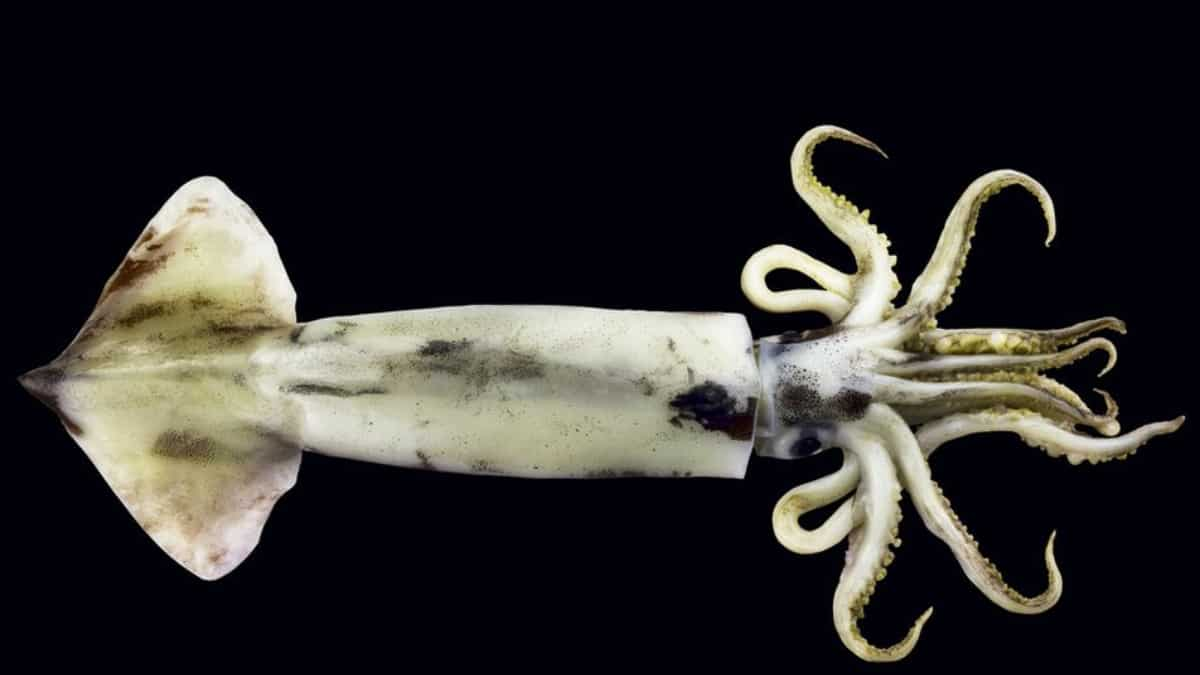Understanding Mating Behaviors of Male Squid Based on Hatching Period
New research has provided insights into the fascinating mating behaviors of certain squid species, shedding light on how the timing of their hatching influences their reproductive tactics.
Early Hatchlings: The Consorts
Male squid exhibit different mating strategies depending on the month they hatch. Squids hatched early in the breeding season, from early April to mid-July, tend to grow larger by the time mating season arrives. These larger individuals become “consorts,” displaying aggressive behavior to fend off rivals and secure mating opportunities with females. Once successful, they guard the female while she lays her eggs.
Late Hatchlings: The Sneakers
In contrast, squid hatched later in the season, from early June to mid-August, typically remain smaller in size. These individuals adopt a “sneaker” strategy, covertly depositing their sperm near females as they lay their eggs, aiming to fertilize them without direct competition with other males.
July Hatchlings: The Hybrid Behavior
Squid born in early July exhibit a mix of both consort and sneaker behaviors, with an equal likelihood of adopting either tactic. This phenomenon resembles the relative age effect observed in other species, where individuals born earlier in the year often have advantages due to additional developmental time.
Birthdate Hypothesis in Male Squid
The research unveils the “birthdate hypothesis” in aquatic invertebrates, suggesting that male squid are predisposed to specific mating behaviors from birth. Even if early-hatched males do not develop as expected, they maintain their predetermined mating tactic rather than switching strategies.
Factors Influencing Mating Behavior
The study indicates that a complex interplay of physical, biological, and environmental factors at birth influences mating behavior in squid. Despite growing up in different seasons, the growth rates of consorts and sneakers during early life were not significantly different, highlighting the need for further research to understand the potential influence of environmental factors on squid mating behaviors.
















































